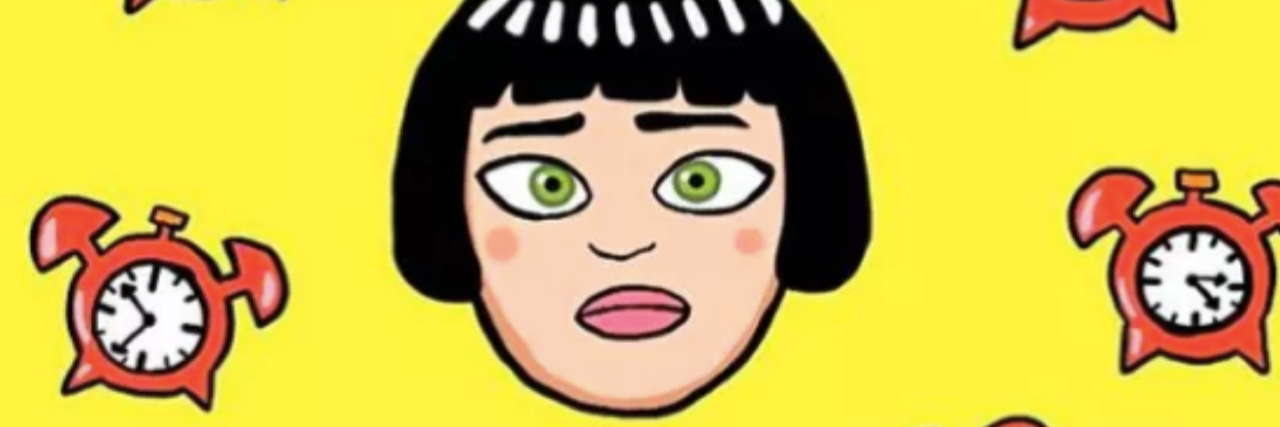Life with bipolar disorder, a mental illness characterized by extreme highs and lows, can be tough to keep up with at times. It may also be hard to explain symptoms like mood swings or insomnia to someone who doesn’t have the condition.
• What is Bipolar disorder?
If you have a hard time describing your symptoms to others, you’re not alone. To make explaining things little easier, we rounded up comics created by Matilda Heindow, the artist behind the Instagram account, @crazyheadcomics. In addition to her comics that show the reality of bipolar disorder symptoms, we included real-life experiences with these symptoms from members of our Mighty mental health community. You might relate to their words if you struggle with bipolar disorder.
1. Mood Swings
Bipolar mood swings are characterized by extreme, emotional highs and lows that can can vary in how often they occur from person to person. Mood swings can affect a person’s ability to sleep and think clearly and may also impact their energy levels and behavior.
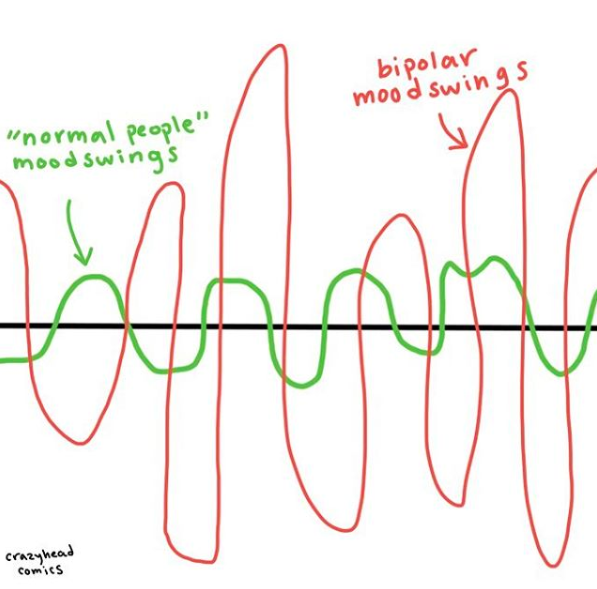
Mood swings can be set off by a number of things, including life changes. During a mood swing, you can experience one or two bipolar symptoms or feel as though you’re experiencing everything at once (known as “sensory overload”). In her piece, “What a Bipolar Disorder Mood Swing Feels Like,” Mighty contributor Mindy M. describes how a “harsh” mood swing feels and the emotions she experiences as a result.
It’s so all-encompassing and knocks you off your balance, as if you’re walking along and someone comes behind you and shoves you forward, forcing you to catch yourself… if you can.
2. Mania or Hypomania
If you struggle with bipolar disorder, you may know there are different types of the condition: bipolar I and bipolar II. Bipolar I is best defined by prolonged manic episodes lasting at least one week or manic symptoms that require hospitalization, whereas those who are diagnosed with bipolar II are more likely to experience hypomania instead of a manic episode. Hypomania is typically less severe than a manic episode, as it doesn’t impact daily functioning to the same extent. Both types of bipolar will experience depressive episodes lasting at least two weeks.
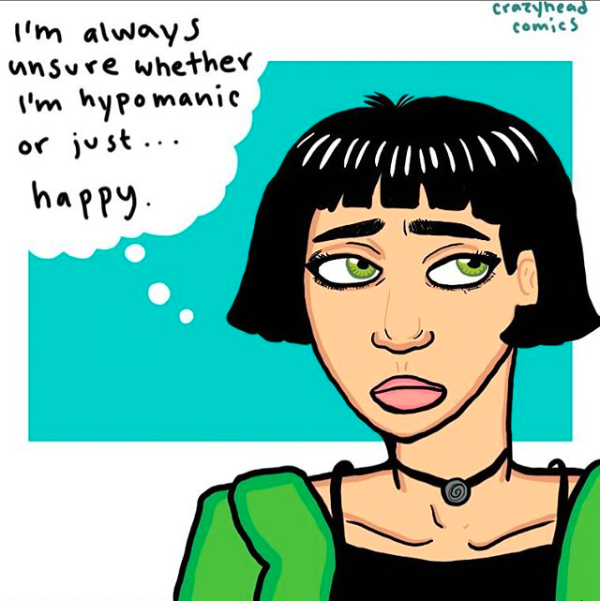
If you live with bipolar disorder and are experiencing elevated mood accompanied by being more talkative than usual, impulsivity and racing thoughts (among other symptoms), you may be wrestling with a hypomanic episode.
Mania may be the polar opposite of depression, but it can be just as destructive. During a manic episode, you might feel more impulsive and make risky spending choices like buying unnecessary items on a credit card without the means to pay it off.
3. Depressed Mood
For depressive episodes in someone with bipolar, depression symptoms need to be present for about two weeks, though they may last longer than that. Depressed mood is often accompanied by fatigue, feeling worthlessness, restlessness or sluggishness, among other symptoms.
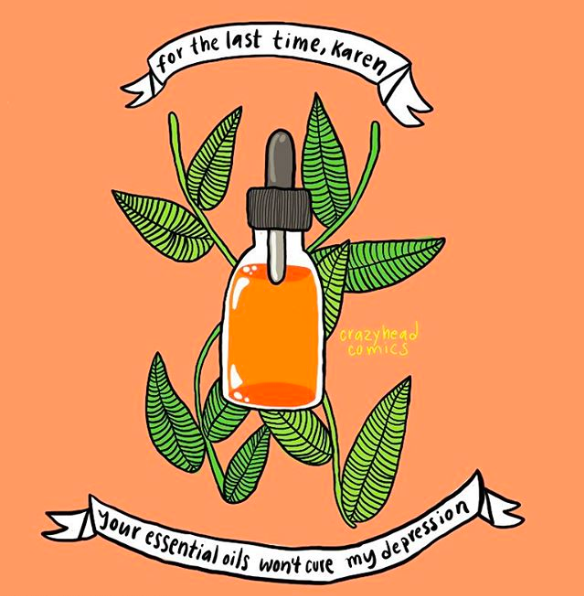
When struggling with a bipolar depressive episode, there may be days where getting out of bed is the only “accomplishment” you make, and that’s OK. On the days where you’re struggling the most with bipolar depression, you can give these songs a listen to help you power through.
4. Brain Fog
Have you ever struggled with remembering something you were just told? Do you ever feel absentminded or like your head is in the clouds? You might be experiencing “brain fog,” which can be a “surprising” physical symptom of bipolar disorder.
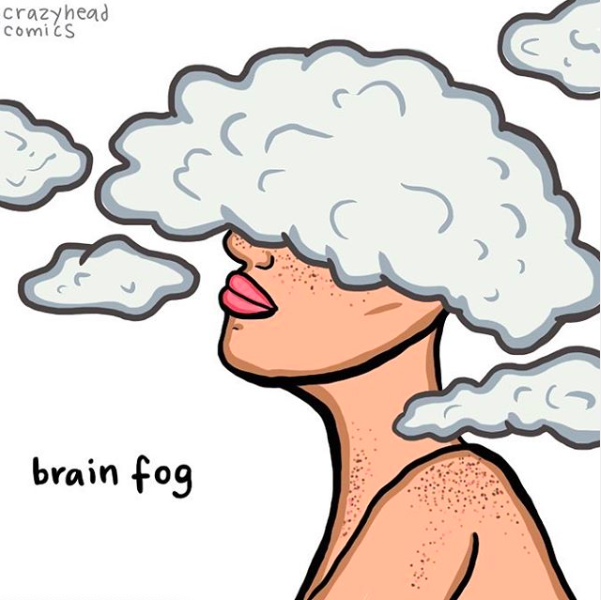
You can combat brain fog in a number of ways, including bullet journaling or going for a walk. For a list of ways to combat brain fog, check out what “surprising” things readers recommend to help with brain fog.
5. Insomnia
Bipolar disorder can impact sleep in a number of ways. During a manic or hypomanic episode, a person might not feel like they need a whole lot of sleep. Insomnia, on the other hand, is not being able to fall asleep or stay asleep long enough to feel rested the next day. In this case, the person wants to go to sleep but simply can’t.
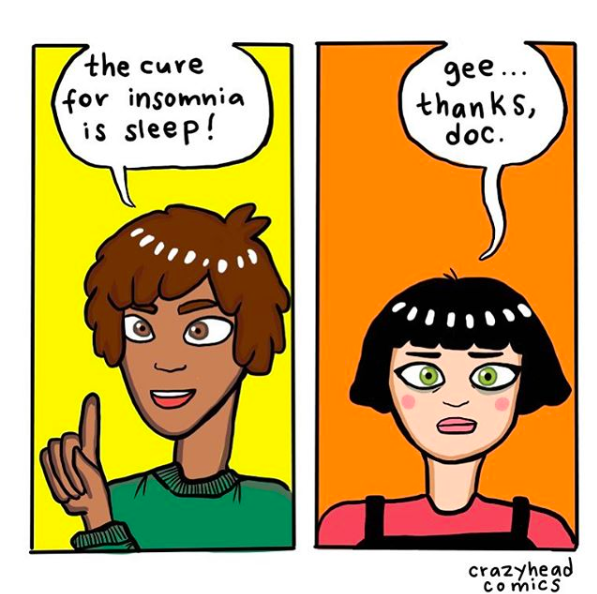
Insomnia can impact a person with bipolar during a manic episode or a depressive episode. Mighty contributor Mandy Presley wrote in her piece “The Bipolar Symptom You Don’t Hear About,” about her struggles with mania-related insomnia.
I want to sleep because I know my body needs it. And I know that is what I’m supposed to be doing when I lay in bed.
But my heart is racing and when I do those “breathing exercises,” it only makes my heart beat faster.
My mind keeps racing from thought to thought. Planning tomorrow. Thinking about memories from the past. Fantasizing about the future and working again. It just keeps going like the damn Energizer Bunny.
6. “Bipolar Rage”
With bipolar disorder, experiencing “bipolar rage” can be common. It can present itself during a manic episode, a depressive episode or even a mixed episode — which is a combination of the two. Bipolar rage is a way to describe unwarranted anger or irritability associated with bipolar.
Below are some ways to deal with anger issues that arise due to bipolar:
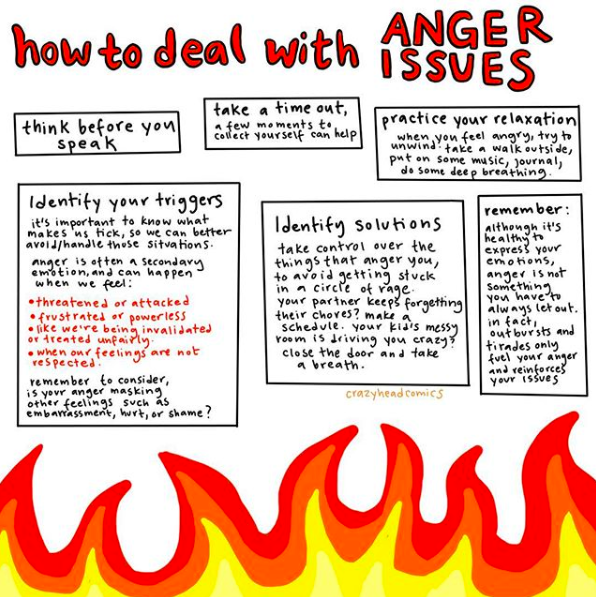
Mighty contributor Jordan R. writes about her experiences with bipolar rage in her piece, “Why I’m No Longer Ashamed of My ‘Bipolar Rage.’”
It’s loud, it’s messy, it’s confusing, it’s sudden, it’s uncontrollable; it’s a part of myself I never want anyone to see. Yet, it is exactly that: an undeniable part of myself that has been laughed at, mocked and dismissed for as long as I can remember.
Make fun of me all you want as I lose control, but this is who I am.
If you experience rage due to bipolar you’re not alone and it’s nothing to be embarrassed about. To connect with people who understand, post on The Mighty with the hashtag #BipolarDisorder.
7. Anxiety
Excessive worrying and anxiety can be a symptom of bipolar disorder. Maybe you have experienced racing, anxious thoughts during a manic episode. Or maybe you’ve experienced anxiety symptoms during a depressive episode. Whatever your individual experience is, it’s not uncommon to experience anxiety symptoms if you have bipolar.
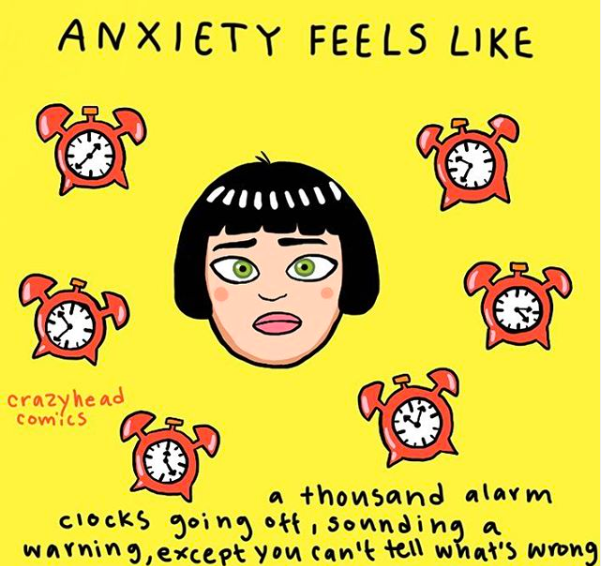
It can feel overwhelming and exhausting at times to deal with anxiety symptoms on top of bipolar. If you’re feeling overwhelmed by anxious feelings, you can always get support by posting using the hashtag #CheckInWithMe. You don’t have to experience this by yourself.
8. Intrusive Thoughts
Intrusive thoughts are unwanted thoughts that can be incredibly upsetting. This symptom is common among many mental illnesses, including bipolar disorder, depression, obsessive-compulsive disorder and anxiety. It’s easy to feel like you’re the only one experiencing these thoughts, but we promise you you’re not alone.
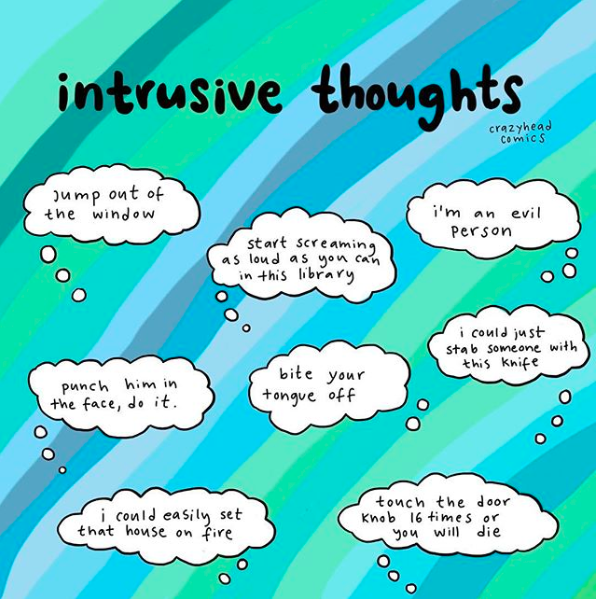
It can be tough or maybe even a little embarrassing to live with intrusive thoughts, but it’s important to tell your doctor about them. Mighty contributor Kelly McNamara wrote in her piece, “To Anyone Living With Intrusive Thoughts,” about the importance of telling your doctor about your intrusive thoughts.
I learned during exposure therapy that saying the thoughts out loud in many ways can diffuse their power. It’s often the secrecy that breeds the anxiety.
You are not alone if you experience these or any of the other symptoms of bipolar disorder. If you are struggling with bipolar symptoms and need a distraction, you can always post in our Mighty community using the hashtag #DistractMe. We are here for you.
For more stories about bipolar disorder symptoms, check out the following stories from our community:

